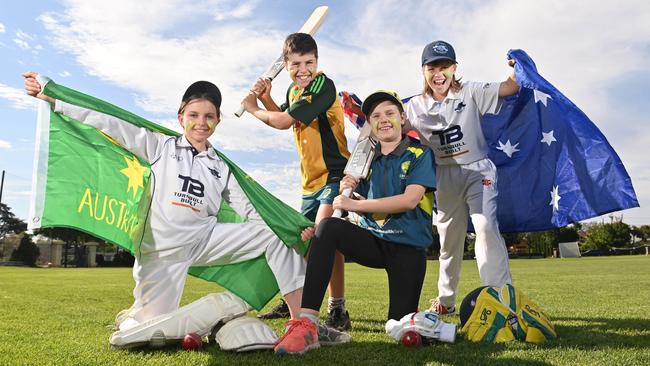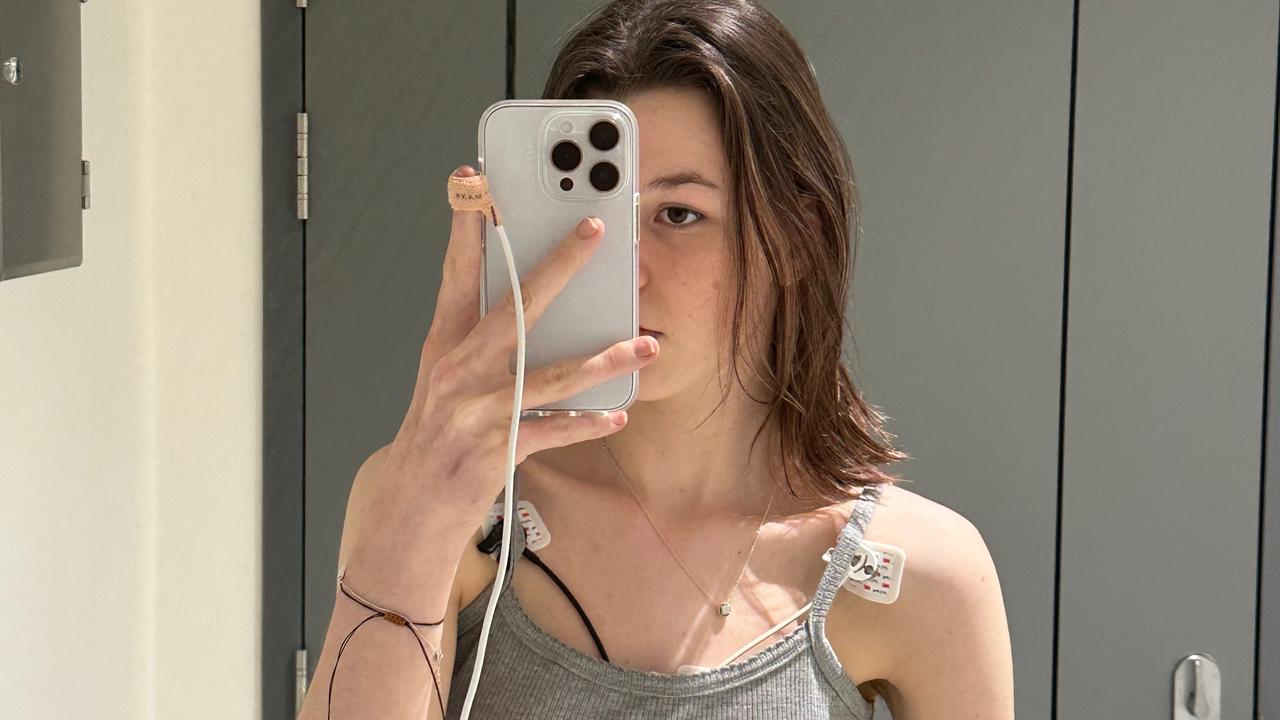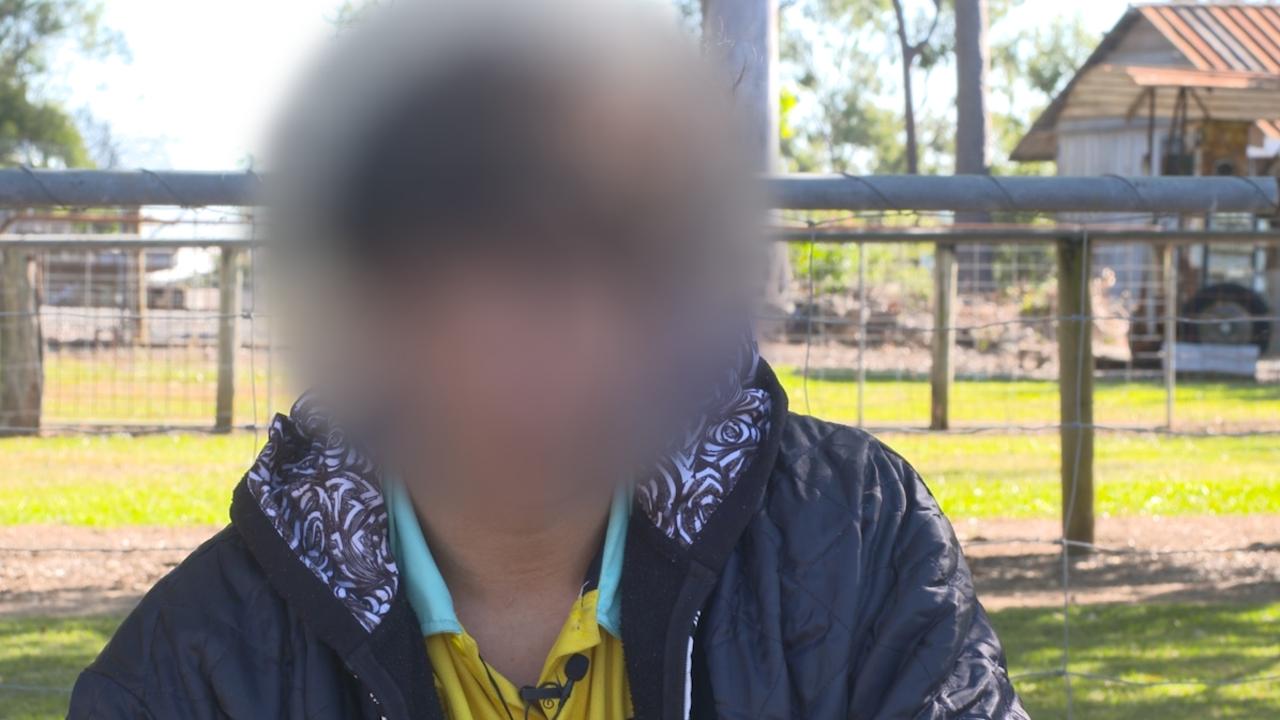Pfizer booster shots approved as health documents reveal how SA plans to treat Covid surge patients
Pfizer booster shots have a green light and so have crowds for the Ashes Test, while a leaked memo has revealed how health services expect to cope with an open-border Covid surge.
Coronavirus
Don't miss out on the headlines from Coronavirus. Followed categories will be added to My News.
Pfizer booster shots offering near complete, long-term protection from Covid-19 will be rolled out to adults in less than two weeks.
The Therapeutic Good Administration (TGA) on Wednesday granted provisional approval for a third dose of Pfizer’s mRNA vaccine to be used as a booster at least six months after the second shot.
Health Minister Greg Hunt announced the booster jabs would be rolled out to people aged 18 and above no later than November 8, pending imminent advice from the Australian Technical Advisory Group on Immunisation.
“This is an important step and it will mean that Australia will be one of the most highly vaccinated societies in the world,” Mr Hunt said.
Mr Hunt said there was already approval in place for aged-care residents to receive booster shots immediately.
There are hopes a third Pfizer shot will provide lifelong protection against Covid-19, while some experts warn additional booster shots may be needed every two years to keep up with emerging strains.
Australia’s chief medical officer Paul Kelly earlier this month said there were hopes the third shot would provide “lifelong immunity”.
“A third dose is likely, at this stage, to be the last dose so we have to do,” Professor Kelly said.
At a press conference on Wednesday morning, head of the TGA, John Skerritt, said it was still too early to tell how frequently booster shots would be needed.
“There are some (non-Covid) vaccines whereby three shots gives you almost lifelong protection,” Professor Skerritt said.
“A few months ago we were worried that we’d have to have quite different vaccines because the emergence of variants.
“But even with the severity of Delta and how predominant Delta has been globally, we haven’t needed to change the booster.”
Pfizer’s first booster trial found a third dose of its mRNA vaccine increased protection by a further 95 per cent. Since October 11, severely immunocompromised people have been able to access a third dose.
Mr Hunt said those with two doses of a Covid-19 vaccine would still be considered “fully vaccinated”.

Meanwhile, cricket fans remain hopeful the Adelaide leg of the Ashes Test series will be held at full capacity at Adelaide Oval, despite mixed messages from authorities.
Covid-19 chief Grant Stevens said Adelaide Oval could “quite possibly” host a full house for the day-night match from December 16 to 20.
Matt McCleary, owner of cricket bat company Adelaide Bat Doctor, said he was excited to head to the match with his son Nate and daughter Sierra. “It doesn’t get much better than Australia versus England and it’d be amazing to have that with a full house,” Mr McCleary said.
Nate, 11, said he was excited to see his first game of international cricket having watched Redbacks games in the past year.
“I’m definitely looking forward to the atmosphere and to be able to watch my heroes,” Nate said.

1 in 20 sick patients will need to go to hospital
By Andrew Hough
A small proportion of Covid-19 patients will go to hospital when Delta arrives in South Australia after borders reopen and restrictions ease, official forecasts show.
SA Health projections, based on interstate data, show five per cent of infectious patients will require urgent hospital treatment or intensive care help.
One in 10 patients will need supervised or supported care in Covid facilities such as the Tom’s Court medi-hotel.
SA Health forecasts show 85 per cent of Delta-strain patients will be cared for at home.
The state government is resisting Labor calls to immediately release modelling underpinning the state’s roadmap out of restrictions, including the precise number of patients that will require hospital help.
Premier Steven Marshall said it would be released shortly.
In a leaked memo to staff, Central Adelaide Local Health Network boss Lesley Dwyer said most Covid patients “will be cared for in the community”.
Ms Dwyer will now head the state’s acute planning and response to any future outbreaks over the next five months. “We are factoring this extra capacity into our workforce planning for the coming months,” she told staff. Gary Seach and Kathryn Zeitz will become CALHN deputy chief executive officers until the end of February 2022.
SA Health chief executive officer Chris McGowan said other local health CEOs would join the fight but refused to name them.
“Our health system has pulled together and worked in unison in response to Covid-19 throughout the entire pandemic,” he said.
SA Health will recruit up to 350 extra workers, including doctors, to deal with the impending arrival of Covid-19, swelling the new workforce to almost 2000 as part of a $132.5m Covid-ready plan.

South Aussies given a fast-pass to get home
By Andrew Hough and Brad Crouch
Thousands of South Australians stranded interstate will have their travel exemptions fast-tracked so they can return home before borders reopen on November 23, authorities say.
The state government will also have its vaccine passport up and running before interstate travellers are allowed to enter SA.
SA Health says exemption systems will be “streamlined” and use of its home quarantine app will be increased for up to 7000 South Australians who have applied for exemptions to return home.
While some travellers have waited more than six weeks for approvals, SA Health says the average wait time is 10 days.
An SA Health spokeswoman said it hoped to cut wait times.
But she could not say if quarantine rules after November 23 would cover residents, workers, travellers or all groups from areas with vaccine rates at fewer than 80 per cent. Those rules would be outlined in upcoming directions.
“We hope to increase the use of our home quarantine app to ensure more travellers can enter SA while keeping our community safe,” she said.
Police Commissioner Grant Stevens told ABC Radio there would be “substantial movement” this week. A Department of Premier and Cabinet spokesman said a 50-person trial of vaccine passport VaxCheck was “working well” and it was expected to be ready by November 23.
Registered nurse Srijana Sharma, 32, is desperate to move to SA but is couchsurfing at friends’ homes in NSW with her husband and two-year-old daughter as she awaits approval of the permit she applied for on September 1.
She already has a job lined up at a Christies Beach aged-care home. “It’s so frustrating. and I’m getting worried about it,” she said.




